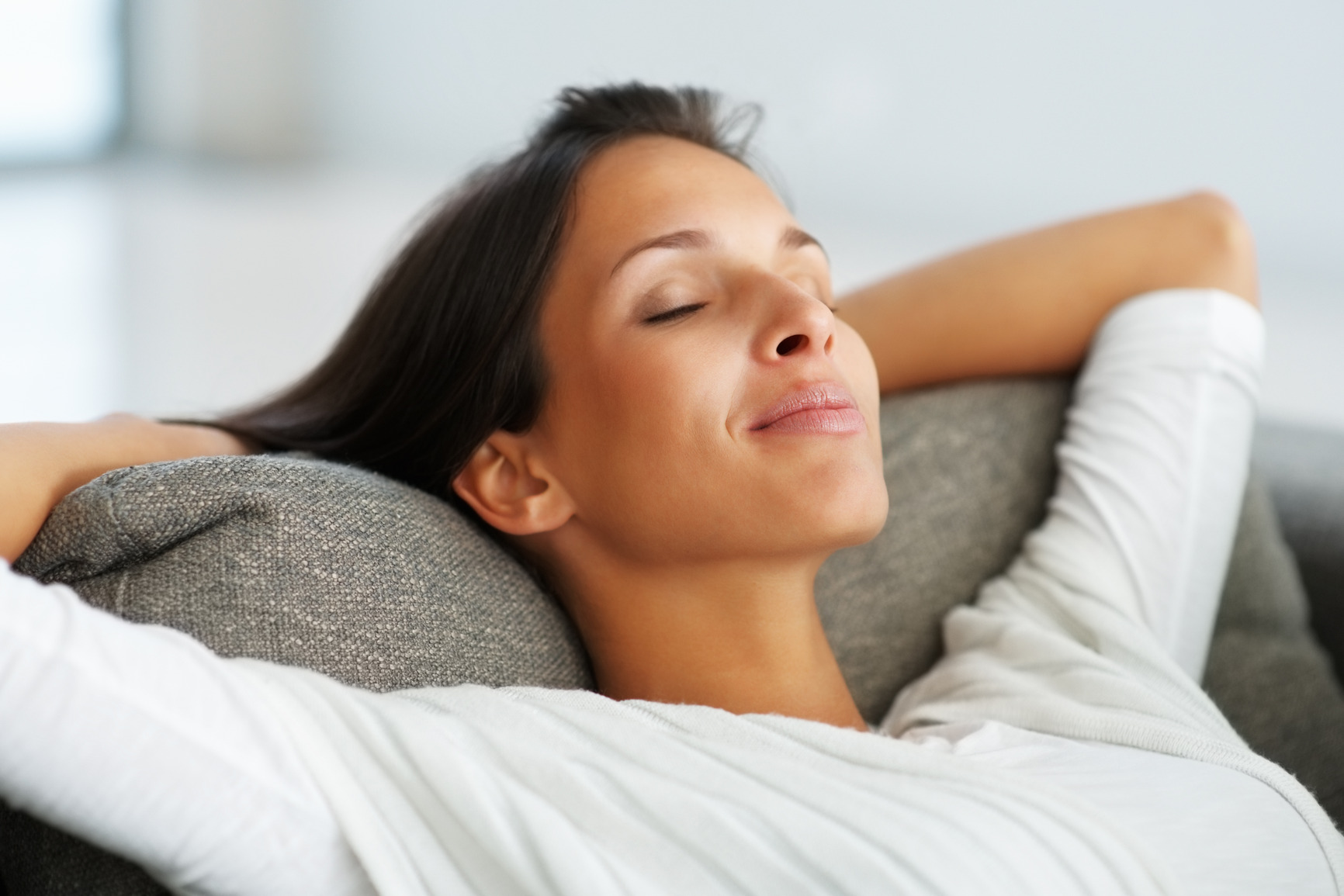Sleep helps in maintaining physical and mental health, however, it’s hard to achieve for many adults suffering from insomnia due to stress, lifestyle and a few other factors.
In the US alone, 50 to 70 million people experience sleep disorder symptoms. In addition, 10% will deal with recurrent or chronic insomnia while 30% of the population will suffer from insomnia at a certain point in their lives.
So if you’re an insomniac, you’re not alone. Now to help you cope with and overcome it, here are the best treatment strategies.
Cognitive behavioral therapy (CBT)

Insomnia is a sleep disorder characterized by one’s inability to fall asleep or to remain asleep
because of waking too early or not being able to return sleeping.
CBT-I (CBT for insomnia) can work as an effective treatment for a chronic sleep disorder, usually a first treatment line. CBT is one of the best treatment approaches that can include a weekly regular visit to a clinician that performs a series of assessments; that asks a patient to write in a sleep diary and that helps a patient develop better sleep habits.
CBT is a structured program, which helps people identify or replace behaviors and thoughts worsening or causing the sleep problem with strategies and habits to promote sound sleep.
And without using medications or pills, this therapy will help a patient overcome any underlying cause of the sleep problems.
The therapy works for insomnia because it patients learn to recognize and change their beliefs affecting their sleep quality. It also encourages them to control or get rid of their worries and negative thoughts that keep them awake. CBT can teach you with techniques including
- Relaxation training involves techniques to calm the body and mind, including imagery, muscle relaxation, and meditation.
- Biofeedback allows patients to observe some biological signs, including muscle tension and heart rate.
- Stimulus control therapy is a method removing the factors conditioning the mind to prevent sleeping.
- Sleep hygiene teaches patients to change their basic lifestyle habits influencing sleep, including drinking alcohol or smoking.
Relaxation Training

Relaxation Training” width=”1732″ height=”1155″ class=”alignnone size-full wp-image-23293″ />
Stress is one of the main culprits of insomnia for many that do not know how to control their thoughts and calm their body and mind, making them unable to fall asleep or stay asleep. But in addition to cognitive behavior therapy, relaxation training can help. A few of the strategies and techniques to aid in relaxation include the following,
- Autogenic training: It is an accessible and effective method to reduce stress and promote good sleep. This training involves a series of exercises to help focus the attention of the mind to physical sensations so that the person can relax physically and mentally.
- Self-aware breathing: Slow and deep breathing is another simple yet effective approach to clear the mind and body off tension and stress. Deep breathing can reduce muscle tension, aid in relaxation, and slow down the heart rate. It can also aid in metabolism and blood pressure control. This practice is simple and easy to do with slow and even breathing that can be done daily as a part of a routine.
- Guided imagery: This practice is a mind and body technique to help in reducing stress and promoting sleep. It can engage all the senses while being in a focused imagination period. Guided imagery can also help in connecting the unconscious and conscious mind. It can also aid in directing your body towards a desirable response. The relaxation technique can be customized based on goals, including relieving mental and physical stress or preparing for and bringing about sleep.
- Progressive relaxation: This treatment involves working with different muscle groups and areas of the body, one at a time, and then teaching a patient to relax or eliminate tension. With awareness, patients can better prepare in addressing their physical tension and emotional stress.
Medical Marijuana

Certain studies had it medical cannabis can aid in insomnia because it can act as a sedative and can induce drowsiness and deep relaxation. This sedating effect is related to one of the main cannabinoids in the plant, THC.
However, medical marijuana doctors also noted that THC has sedative effects, which can promote better sleep at low doses. The cannabinoids in medical marijuana are able to interact with body receptors mainly those in the central nervous system. More so, THC can also affect the brain receptors directly.
According to cannabis marketing professionals that spread public awareness and promote medical cannabis education, MMJ also aids in improving sleep hygiene or sleep quality along with the habits contributing to a poor or good sleep quality.
Medical cannabis can aid for a deeper and higher quality sleep with fewer interruptions. It can also help in reducing sleep latency, which refers to the time it takes for you to fall asleep from being in a state of full wakefulness.
If you’re suffering from insomnia, try these best treatment strategies, overcome the sleep disorder and achieve better sleep. Consult a medical professional about what’s best for you today!

